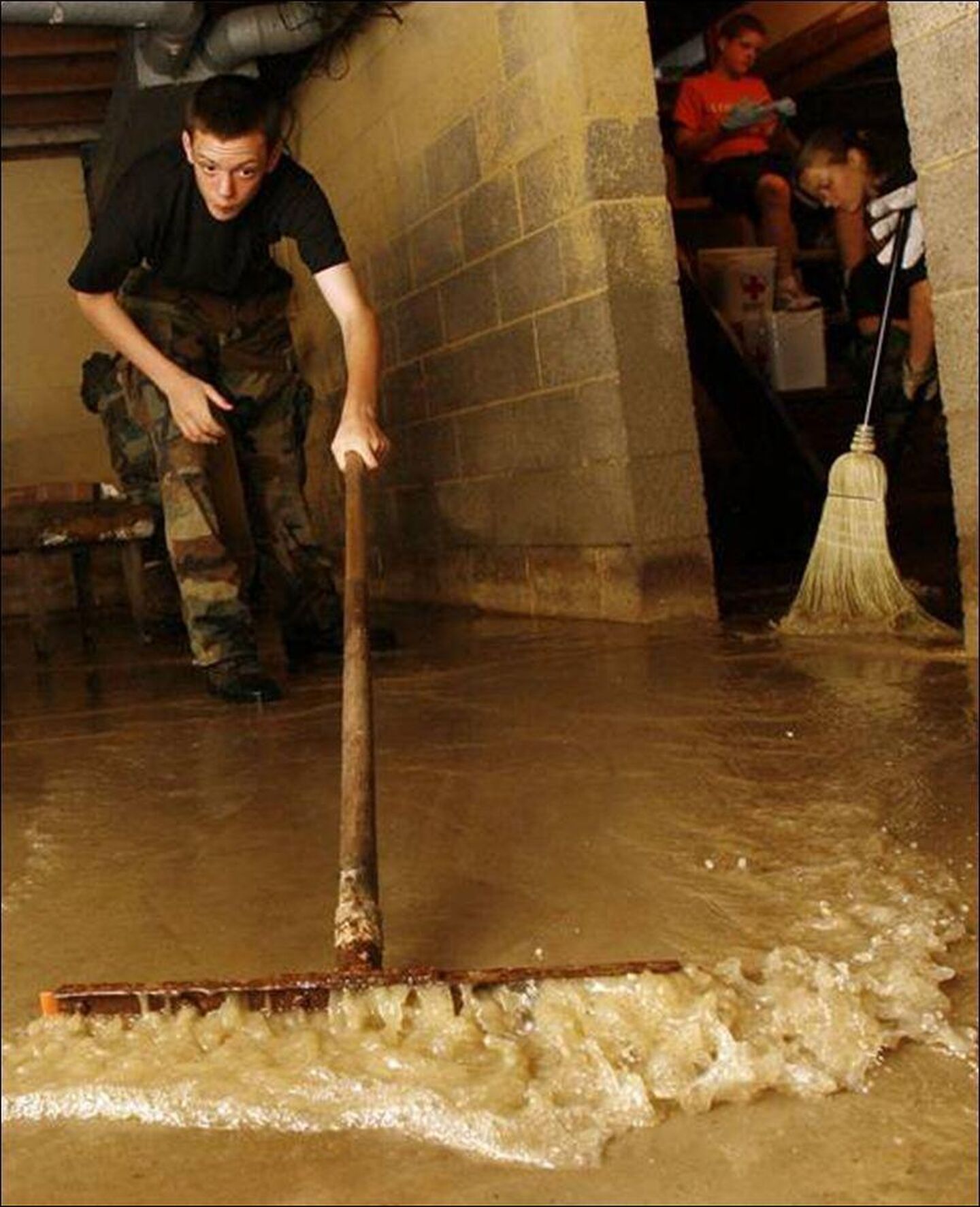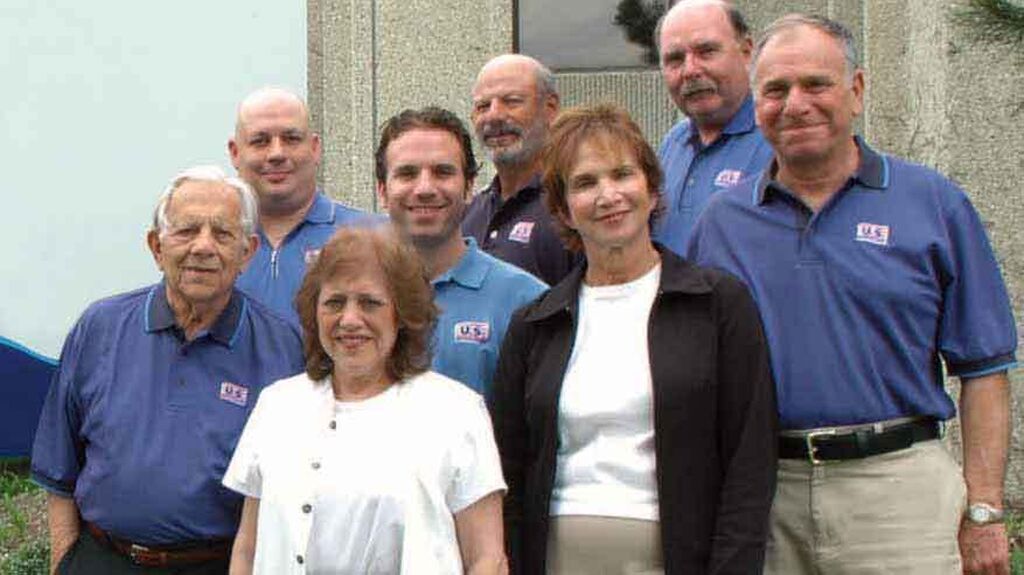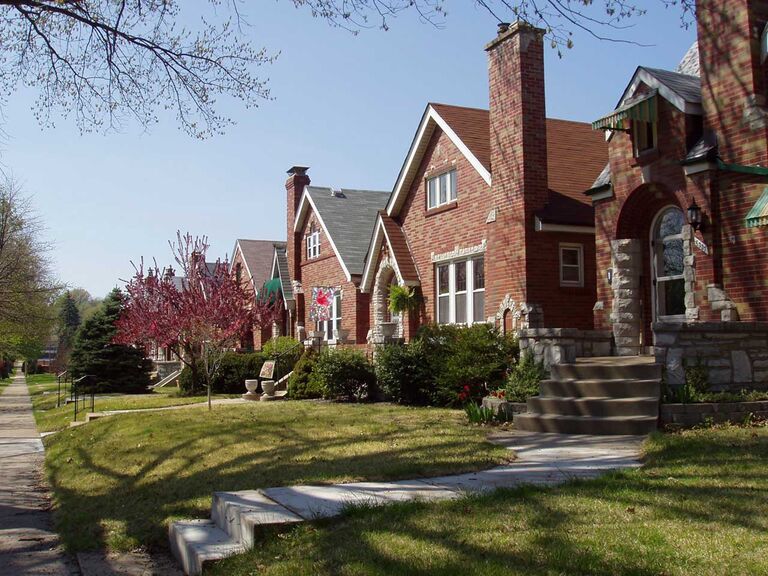Prevent Basement Flooding in Chicago: Good Weather = Time to Prepare

OK, we’ve all heard the jokes about Chicago weather:
“If you don’t like the weather, just wait 30 minutes.”
“Chicago: Nine months of winter and three months of rough sledding.”
“Four seasons in Chicago – Almost Winter, Winter, Still Winter and Road Construction”
Jokes aside, Chicago weather can be pretty unpredictable, thanks in large part to the big pond immediately east of us. One thing we can rely on, though, is that summer will be the best weather of the year (unless you hate heat and humidity) and the best time to do things outside, whether it’s work or play.
Wise homeowners in the Chicago area will take advantage of the outdoor season to prepare for the heavy rains to come in fall and spring and winter snowfall, all of which can cause basement flooding. With a few simple projects completed when the weather’s good, a Chicago basement will stay dry and comfortable all throughout the wet and cold seasons.
What Projects Can a Chicago Homeowner Do in Good Weather to Keep a Basement Dry?
There are four things that a homeowner can either do himself or have done by a basement waterproofing contractor when the weather’s good that will keep his basement dry:
Clean the Gutters – Yep, it’s hot up on the roof in the summer but all those leaves and other debris from last fall need to be cleaned out so the gutters flow freely. If gutters are clogged, rain water has nowhere to go but to sheet off the edge of the roof and land on the ground right next to the foundation. When the soil next to the foundation becomes saturated, the water ends up in the basement.
Extend Downspouts – Cleaning the gutters is important but if they feed into downspouts that end right at the foundation, might as well not bother. When all that water is concentrated, usually at the four corners of the house, the effect is worse because there’s a major discharge at each of those corners. Considering that an average Chicago roof will shed 1500 gallons of water during a one-inch rainfall, those downspouts may dump 400 gallons at each corner! Extending the downspouts at least 10 feet from the foundation should prevent all that water from ending up in the basement. For a clean look with low maintenance, have a basement waterproofing company install underground downspout extensions that terminate in bubbler pots or dry wells or connect to storm sewers.
Fix Landscaping – When creating new landscaping, well-meaning homeowners or landscapers create artificial water barriers around homes that trap water next to foundations. Flatten out berms or raised mounds, open up impervious edging around planting beds and eliminate anything else in the landscape that may be trapping water too near the house. Conversely, trees or large shrubs planted too near will increase soil desiccation in times of drought and may lead to structural damage to the foundation.
Improve Yard Drainage – Negative grading that slopes toward the house instead of away from it or low spots in the yard that hold water long after a rain or snowmelt can both present water problems for a Chicago basement. Re-grading is a big job but may be necessary if a serious problem persists; yard drains, dry wells and other good yard drainage practices can help with problems of ponding in low spots.
So, enjoy all the things that come with summer in Chicago – street fairs, baseball, the Taste – but take some time to prevent basement water problems while the sun shines. At U.S. Waterproofing we know all about downspout extensions and yard drainage and we’ve been helping Chicago homeowners prevent basement seepage since our founding in 1957. Why not ask for our free advice?




